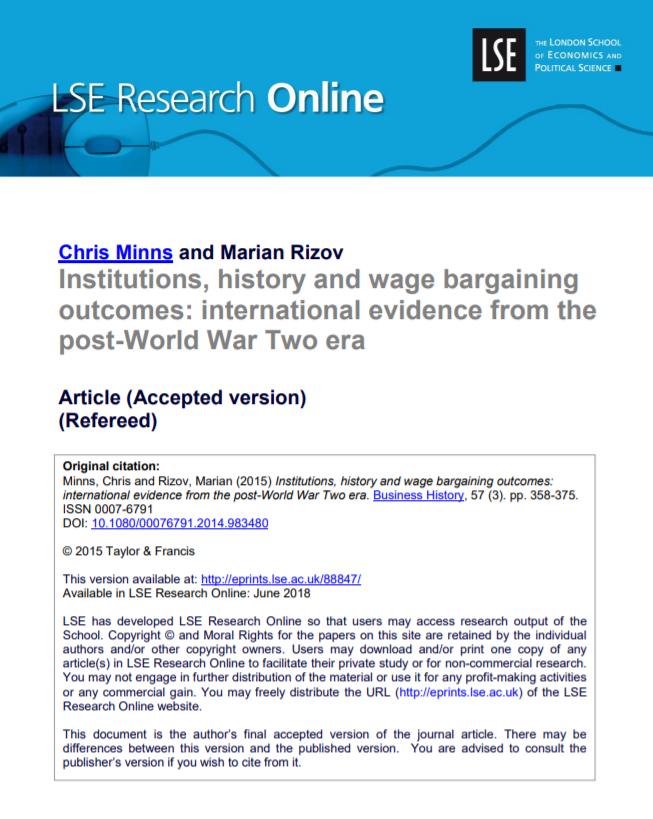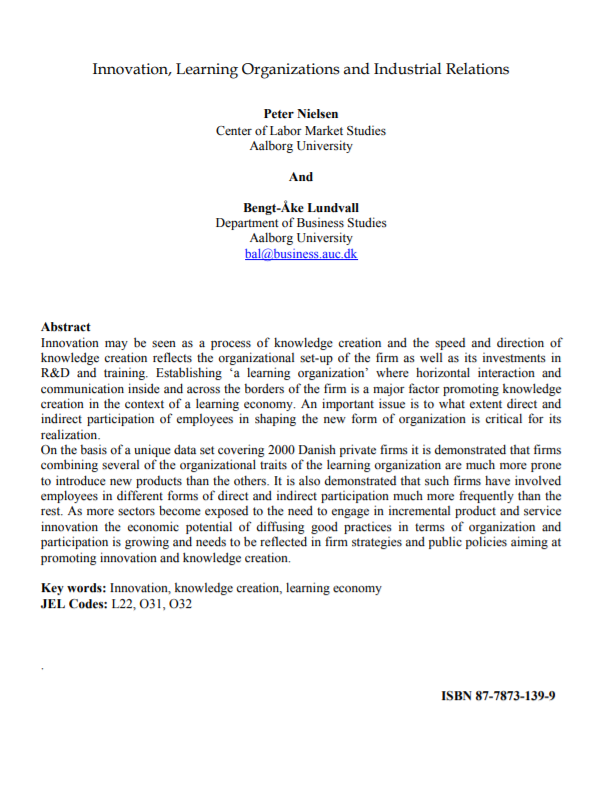This paper looks at the conceptual framework of social dialogue, investment in social capital and some international definitions of social dialogue as background to developments in this sphere in South Africa. Social dialogue is viewed as a mechanism for problem‐solving and reducing transaction costs. The paper considers the ramifications of the 1979 Wiehahn Report on labour relations, as well as the nature of social dialogue in the apartheid era and its workplace origins. Institutionally, the stepping stones to the emergence of the NEF and Nedlac are discussed, together with some of the issues involved in, and formal outcomes of, Nedlac over the past eleven years in public policy choices. It closes with an evaluation of institutionalised social dialogue in South Africa and its future.
“With the transition to non‐racial democracy in 1994, it became the task of an ANC‐led government to attempt to resolve the economic contradictions that apartheid had created. To achieve this requires massive economic and social changes, great programmes of investment and structural change. It is necessary to create the vital human capital needed at every level, from rudimentary literacy to the highest ranks of science and technology; to overcome enormous deficiencies in all forms of social infrastructure, including housing, schools, health, and transport; to return land to the black population and restore ravaged rural areas; to expand black ownership of mining, industry, commerce, and finance; and to diminish enormous inequalities in income and wealth. The new regime has made a promising start, but South Africa’s past will exert a powerful influence on its present and future for a long time to come, and these huge tasks will not be swiftly or easily accomplished.”Charles Feinstein (2005).
For the original source, please click here.









